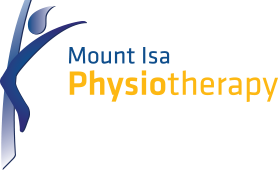TMJ pain
The Temporomandibular Joint acts like a hinge that connects the jawbone to the skull. TMJs play a vital role in daily activities like eating, talking, and even breathing. TMJ disorders include pain and restricted movement of the jaw joint and surrounding muscles. This condition is referred to as Temporomandibular Disorder (TMD).
Common symptoms of TMJ Pain
Physiotherapists will closely examine the movement of the jaw while opening and closing the mouth. The range of motions is observed and several areas of the jaw will be pressed to identify the sites of pain and discomfort.
When it comes to TMJ dysfunction, pain or tenderness of the jaw will not be experienced. In this case, the possible symptoms include:
• Excessive clicking or popping
• Grinding of the jaw and limited opening
• Inability to fully clench the jaw
People suffering from TMD often grind or clench their teeth a lot. There is also a high probability of suffering from headache, ear pain, dizziness, and upper neck pain. Some patients have reported pain or inability to eat and talk. Tinnitus or ear ringing is associated with TMJ dysfunction as well.
Common causes of TMJ pain
Medical experts consider TMJ dysfunction as a multifaceted musculoskeletal disorder. Common observations include:
• Masticatory muscle dysfunction
• Derangement/displacement of the TMJ articular disc
• Bruxism: grinding, gnashing, or clenching the teeth leading to asymmetrical movements
• Occlusal Problems: Asymmetrical or Retrognathic biting (underbite, overbite)
Treatment for TMJ Pain
Depending on your symptoms of TMJ pain, the methods we use to treat patients experiencing temporomandibular pain include:
• Posture correction
• Jaw movement exercises
• Manual therapy including massage, stretching, & joint mobilization
• Laser Therapy treatment
• Relaxation training
Our expert physiotherapists at Mount Isa Physiotherapy will be able to help you with the necessary advice and exercises to help your TMJ pain. Give us a call to secure an appointment or book online now.

